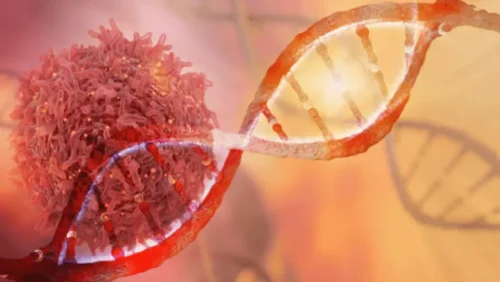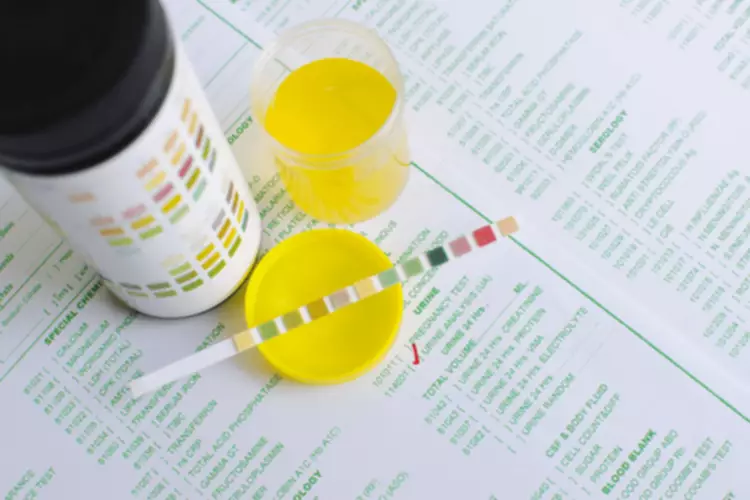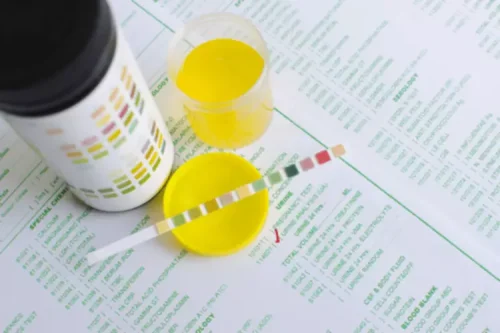
Prioritize self-care activities like getting adequate sleep, proper nutrition, and regular exercise. Structuring your day with positive activities creates stability, reduces anxiety, and nurtures motivation. Remember to celebrate milestones along the way, as recognizing progress reminds you of the hard work and dedication you’ve invested in your sobriety. These strategies, when integrated into a comprehensive recovery plan, can serve as pillars of strength and stability on the journey towards a healthier and fulfilling life. Self-care plays a vital role in addiction recovery, enhancing overall well-being and sustaining motivation. It includes practices like healthy eating, regular exercise, and adequate sleep.
The role of fitness programs in addiction recovery
Some of the immediate changes you will need to make will be obvious—like not hanging around the people that you used with or obtained Twelve-step program drugs from. After all, you can’t hang around your drug dealer or old drinking buddies and expect to remain sober for very long. Art and music therapy are expressive therapies that can play a crucial role in recovery. These creative outlets provide non-verbal ways to process emotions and experiences. This is also a great time to incorporate new practices into your routine.
Sample Scripts for Declining Drinks
- Yoga, meditation, nature walks, and music can all help you relax and remain calm.
- While it’s true, people on the internet can be cut throat, if you find the right community, you’ll find nothing but support.
- Organise your days and plan to spend time with friends and family who are supportive of your recovery.
- There are a few different methods of expressing what you’re grateful for in your life.
Doing so can lessen the times you have cravings and can get your mind off of negative thoughts. Think about the people in your life who positively influence you and your sobriety goals. Make a list of loved ones and others who stood by your side when you struggled. Connect with them by phone, in person, or on social media. Sometimes a reassuring word from someone you trust and respect is all it takes to keep you on track.

Four Important Things About Relapse
- When weighing the heaviness of this reality on top of addiction recovery, it increases the chance of relapse.
- Remember, addiction is a chronic disease and setbacks can be part of the process.
- These strategies help individuals let go of negative thinking, manage stress triggers, and practice self-care.
- Endorphins are natural pain-relieving chemicals in the brain.
Many people become obsessed with a new diet, exercise, job, or participation in support groups. Once you are sober, you may realize that some https://ecosoberhouse.com/ of your past relationships were unhealthy or toxic. Work on avoiding toxic relationships and building healthy ones. Depending on the severity of the dependency, post-acute withdrawal symptoms (PAWS) can continue for weeks, months, or longer following unhealthy substance use. It can include various symptoms such as irritability, sleep issues, anxiety, and depression. Don’t be too hard on yourself if you experience temporary setbacks.

The Experience Blog
- The journey to lasting sobriety is rooted in several core qualities that help individuals navigate the ups and downs of recovery.
- At Ria, we offer weekly meetings with certified counselors to help members stay on track and build skills for long-term change.
A relapse prevention plan is a personalized strategy that prepares you for challenging moments. It involves identifying potential triggers, warning signs, and establishing specific coping mechanisms. Professional resources are essential complements to personal support networks. SAMHSA’s National Helpline offers free, confidential, 24/7 access to treatment referral and information services. It connects individuals and families with local treatment facilities, support groups, and community organizations.
Understanding the Path to Resilience During Tough Times

So first, define what self-care means to your physical, mental, and spiritual needs. Then, practice those acts of self-care for support with staying sober. A good relapse prevention plan should include a hard copy of your support system. I remember having three different cell phones stolen during my short time on the streets.
- So let’s dive in and explore the ways you can maintain your sobriety.
- For those in sobriety, the holiday season might seem stressful.
- Cravings should be an aspect of your relapse prevention plan, but you may need to flesh out this part of your plan as you experience post-rehab life.
- Post-holiday blues refer to short-term feelings of sadness, loneliness, and depression that individuals may experience after the holidays.
This may also manifest as insomnia, loss of desire, changes in eating habits, or a loss of daily structure. The FHE Health team is committed to providing accurate information that adheres to the highest standards of writing. This is part of our ongoing commitment to ensure FHE Health is trusted as a leader in mental health and addiction care. Although relapse is always a risk, there are things you can do in early recovery to protect your sobriety.

Practice Mindfulness and Meditation
If you’re not sure where to turn or if you just need someone to talk to about your sobriety, go ahead and contact FHE Health today. Our experts have decades of experience helping people with all kinds of substance issues and can help you identify your personal triggers and warning signs. Experts often describe relapse as a process that begins long before an addict returns to using a substance. Like the triggers, making an inventory of warning signs that you experience may allow you to avoid an oncoming relapse. Recovery from a tips to stay sober substance use disorder or addiction is rarely an easy path. Some days will be a breeze, while others can be downright scary and overwhelming.
